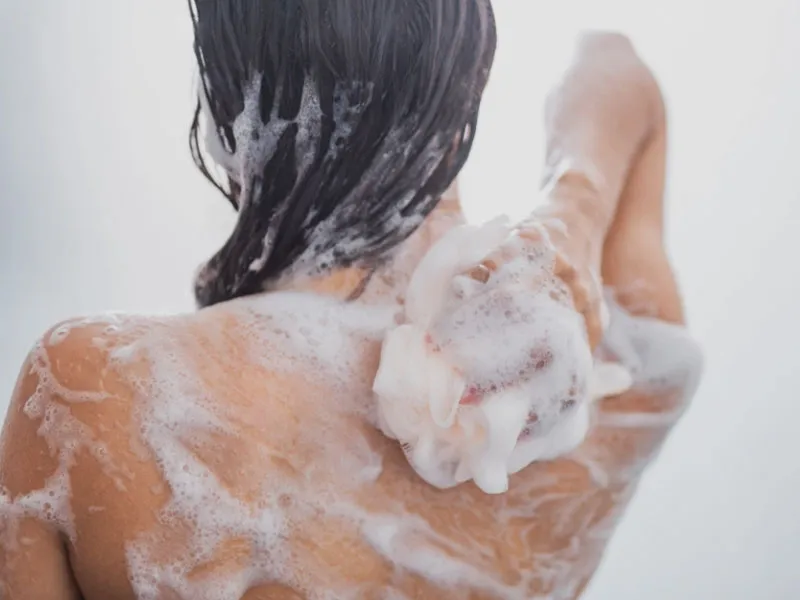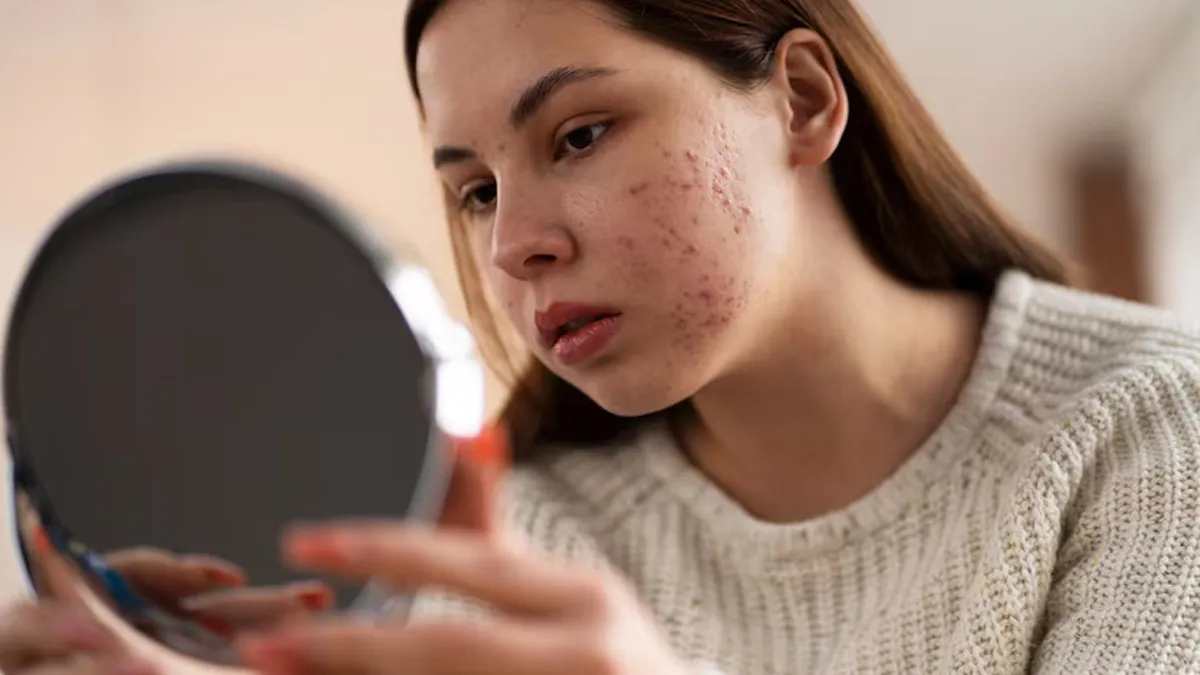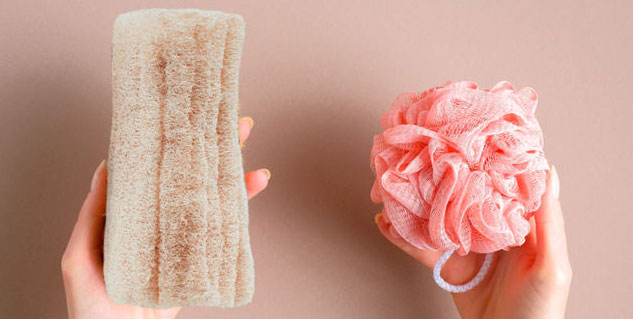
Sharing a loofah may appear to be a harmless way to conserve shower space, but where hygiene is concerned, it's a no-no for you and your family. Though it's easy to consider a loofah nothing more than a humble scrubby, it is in fact a breeding ground for germs. In an exclusive interaction with the editorial team of Onlymyhealth, our expert, Dr Bhumesh Tyagi, Consultant- General Medicine and Physician, Shardacare, Health City, Noida, explained why sharing a loofah with your family member is a bad idea and reasons why it's time to stop if you do.
Table of Content:-
Why Sharing a Loofah is a Bad Idea
Dr Tyagi highlighted that loofahs are excellent exfoliators, which help slough off dead skin cells and leave your skin feeling smooth. However, this very function is what makes them problematic for sharing. Here are a few reasons why:
1. Bacteria Haven
Each time you scrub with a loofah, dead skin cells, dirt, and oils become embedded in its open fibres. When you leave a loofah in the warm, humid conditions of a bathroom, it's the perfect breeding ground for bacteria, mould, and yeast. These microorganisms can quickly double in numbers, making your seemingly clean loofah a germ factory.

Also Read: Is Instagram Making You Anxious? Karan Johar Thinks So, Suggests A Detox
2. Risk of Infection
This involves sharing the accumulated microbes of the loofah. This makes it highly probable that bacteria and fungi will be transferred from one family member to another, which may result in:
- Skin Infections: Staph bacteria can produce boils, folliculitis, and impetigo.
- Fungal Infections: Fungi are very comfortable in hot, wet environments and may produce ringworm, athlete's foot, or jock itch. Even if these are not present on one member of the family, the loofah may impart other skin fungi that are common on most individuals and can lead to problems.
- Worsening of Existing Conditions: If someone in your family has a cut, scrape, or skin condition like eczema or psoriasis, sharing a contaminated loofah can introduce bacteria and worsen the irritation or lead to secondary infections.
Best Practices for Loofah Use
To ensure your loofah remains a tool for cleanliness and not a source of contamination, follow these expert-approved guidelines:
1. Everyone Needs Their Own
This is the golden rule. Each member of your family needs his or her loofah.
2. Rinse Thoroughly After Each Use
After showering, rinse your loofah thoroughly under running water to eliminate all soap residue and any impeding debris.
3. Hang to Dry
Don't let your loofah sit in the shower where it remains continuously wet. Hang it in a well-ventilated place where it will dry out between uses. A sunny location is even better, since UV light can kill some bacteria.

4. Disinfect Weekly
Every week, you can disinfect your loofah. You have two methods to choose from. One is to soak it in a diluted bleach solution (nine parts water and one part bleach) for five to 10 minutes. The other option is to boil it in water for a few minutes.
5. Replace Often
Loofahs are not meant to be permanent fixtures in your shower. Natural loofahs need to be replaced every three or four weeks, whereas plastic mesh pouffes will last longer, about two months. If you see mould, a weird smell, or some discolouration, it's time to get rid of it right away, no matter how long you've owned it.
Bottomline
While it may be a minor detail, keeping good hygiene habits with products such as loofahs can go a long way toward avoiding the transmission of germs and safeguarding your family's health. So, do away with the communal loofah and use individual ones to keep everyone clean and healthy!
Also watch this video
How we keep this article up to date:
We work with experts and keep a close eye on the latest in health and wellness. Whenever there is a new research or helpful information, we update our articles with accurate and useful advice.
Current Version